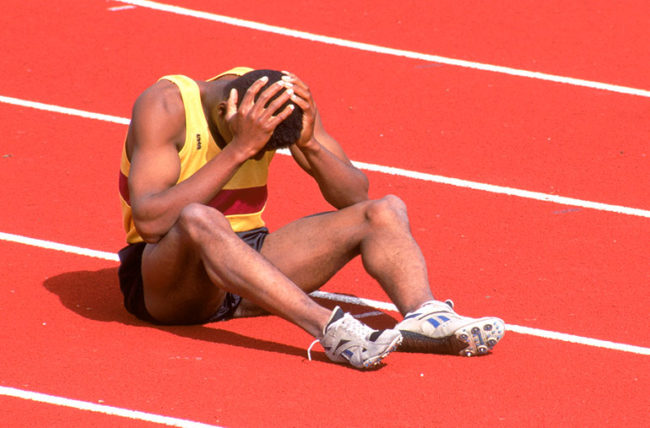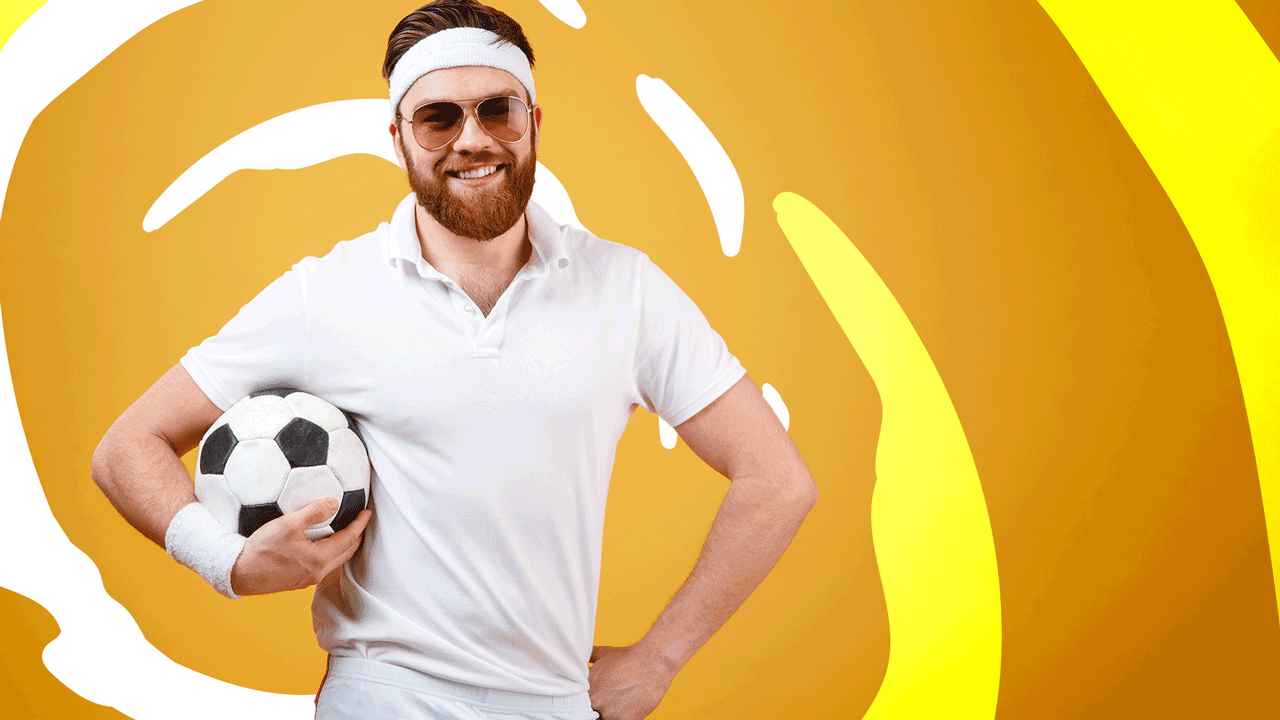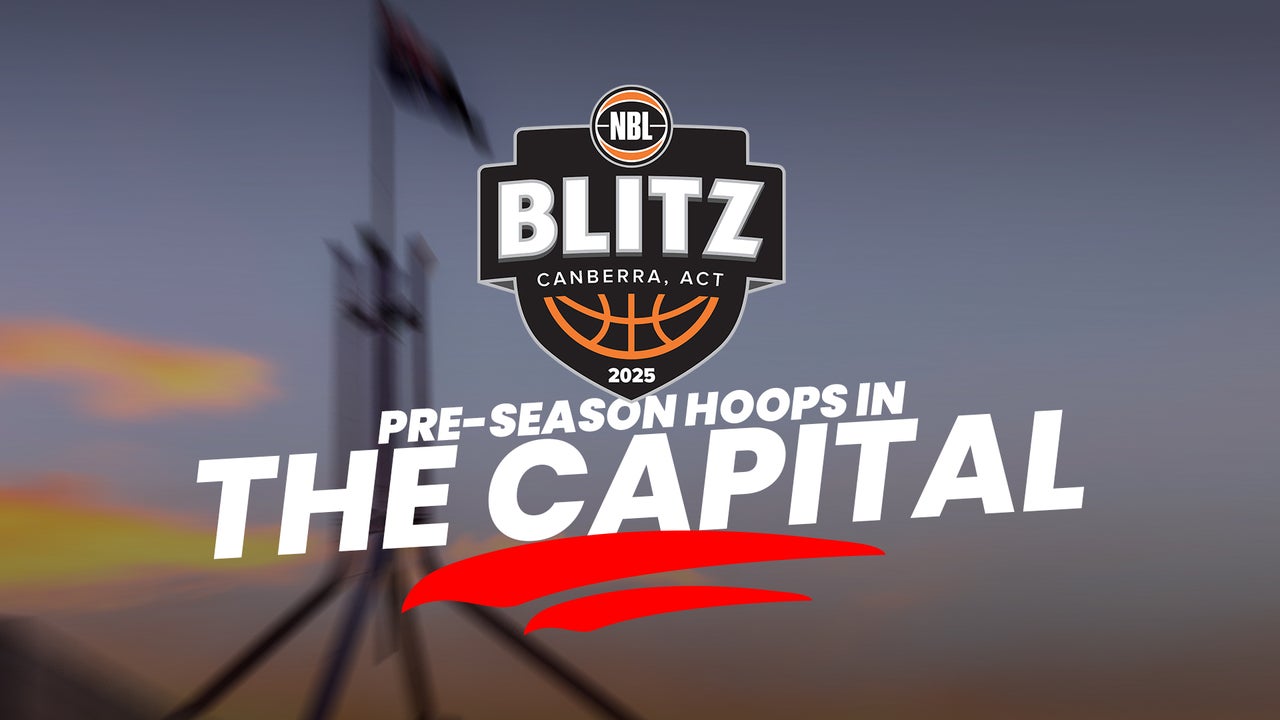[mkdf_dropcaps type=”normal” color=”#f55549″ background_color=””]S[/mkdf_dropcaps]
ports psychologist, Matthew Sacco, discussed the common mental blocks that stop athletes from recovering from physical injuries, creating a strong link between mental health, recovery, and performance.
“We need to do a better job of addressing mental as well as physical aspects of athletic injuries,” Dr. Sacco said.
“Then we stand a better chance of getting people the help and support they need.
“We have a deeper understanding of the role that psychological well-being plays in overall functioning in sports.
“Better managing mental health issues has a much greater impact than we thought.
“More effective treatment and management leads to overall athletic performance improvement.
“If you experience psychological distress, that’s stress on your body’s autonomic nervous system, or the fight-or-flight response.
“It makes it harder for your body to rest and repair,” he said.
Dr. Sacco addressed the need for the mind to reach its maximum potential, especially after an injury, saying the only exception to this is concussion injuries.
“Research shows that if you have a realistically optimistic outlook, you’ll recover more quickly and completely than if you have a negative outlook,” Dr. Sacco said.
“That’s why it’s important to address an athlete’s thoughts about their injury because it does lead to improvements in the recovery process.
“[Concussions] are more challenging.
“They don’t have that predictable timeline and are fundamentally different,” he said.
Dr. Sacco narrowed the common mental blocks that athletes can encounter after a sports injury to five sections: a pessimistic outlook, an all-or-nothing attitude, fear of re-injury, everyday stressors, and the stigma associated with mental health issues.
He said despite the significance of these mental blocks, sports psychologists or other mental health experts can help identify potential blocks and find effective ways to get past them, through such strategies including cognitive behavioural therapy, targeted relaxation strategies, and body scans.
“The way an athlete speaks gives a glimpse into how they think,” Dr. Sacco said.
“I can listen to patients and help them identify unhelpful patterns in their thought process.
“Then we can introduce alternative views and new ways to think about things,” he said.
The mental side of athletic injuries proves overcoming a sports injury is more than just physical rest, rehab and practice, and with the U.S. Centers for Disease Control and Prevention reporting 8.6 million sports and recreation related injuries occur each year, “we need to do a better job of addressing mental as well as physical aspects of athletic injuries”.







